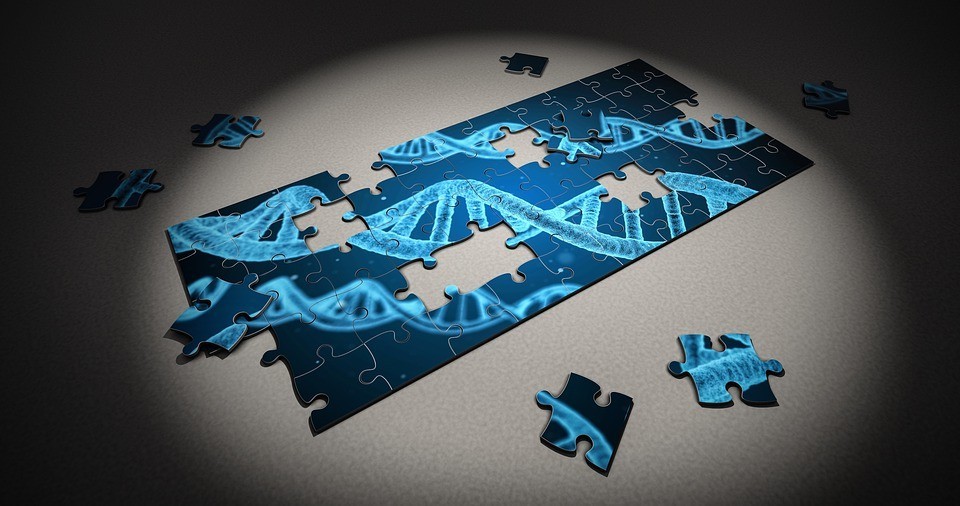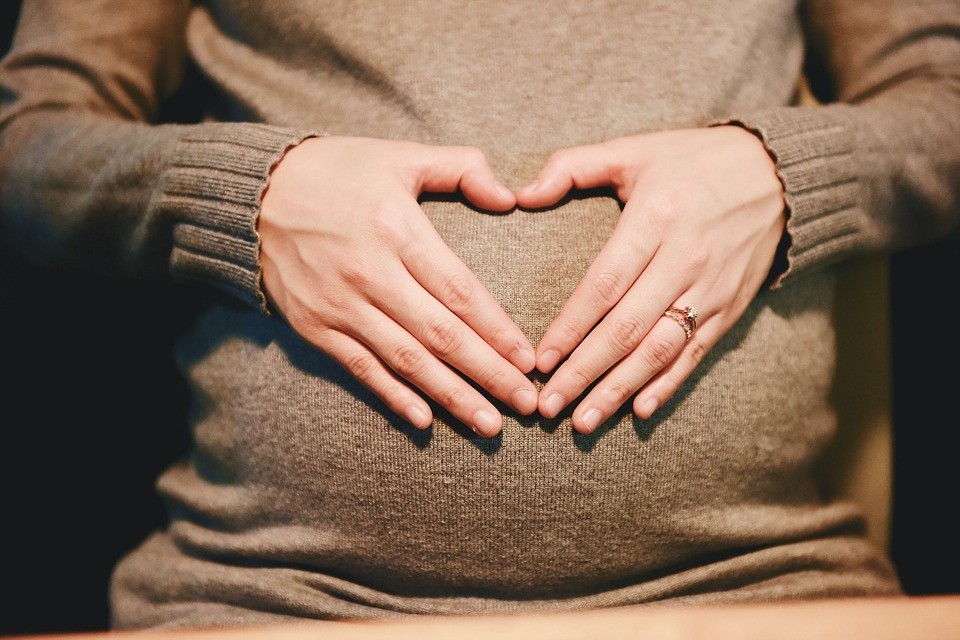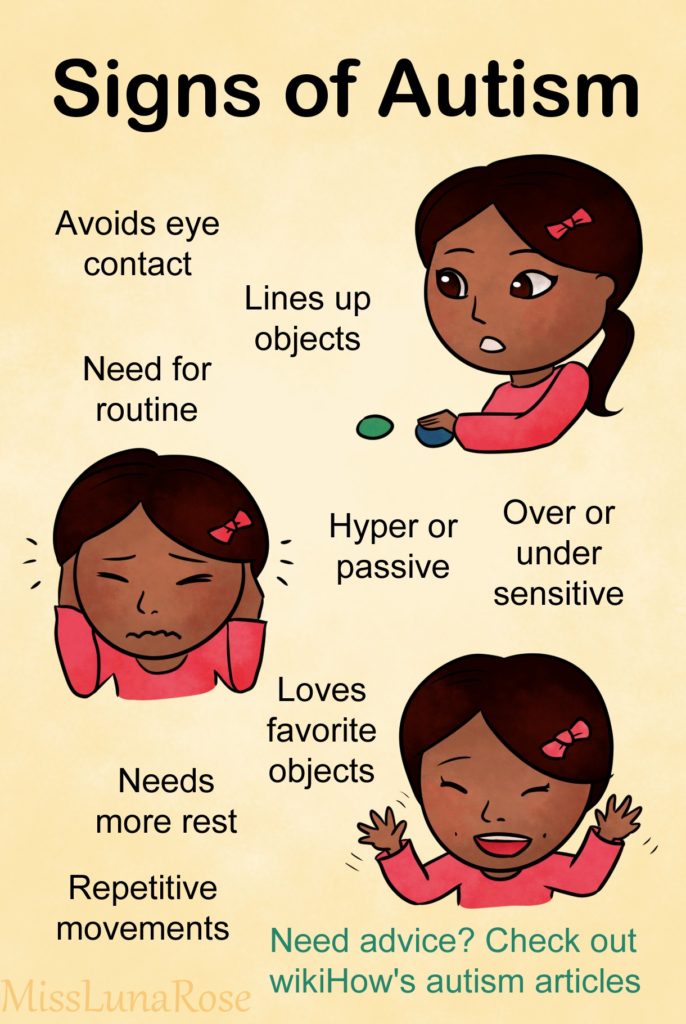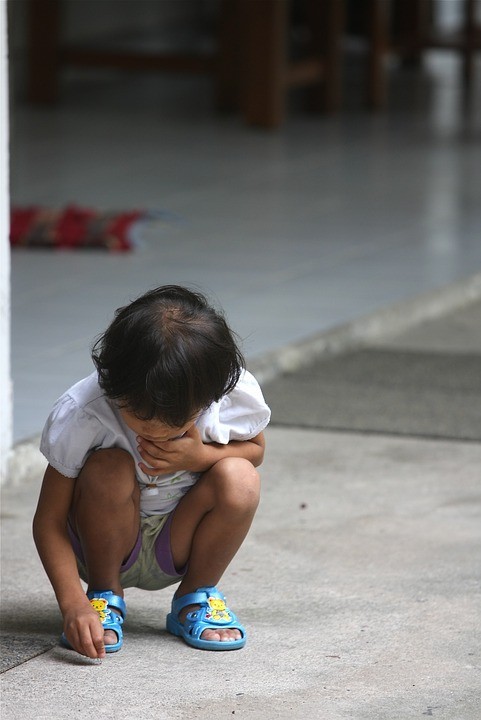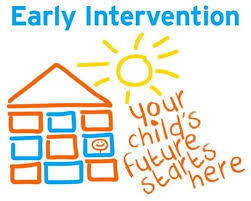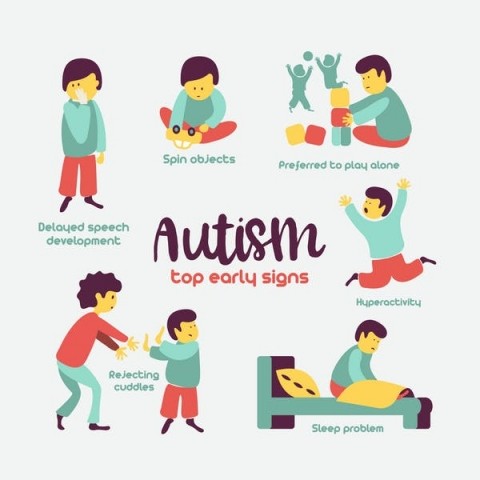ABOUT AUTISM SPECTRUM DISORDER
WHAT IS ASD?
CAUSES OF AUTISM
CHARACTERISTICS IN AUTISM
WHAT IS AUTISM SPECTRUM DISORDER?
Autism Spectrum disorder or ASD, is a disorder usually characterized by pervasive impairment of social communication and/or skills , stereotyped behaviour and restricted areas of interest and activities .
ASD’s symptoms can start in children as early as 8-12 months, not responding to name calls, impaired ability to mingle with peers, impairment in joint attention and delayed or limited vocalizations can be observed. Autism is static and can last lifetime but the signs and symptoms can vary or improve with age and educational or therapeutic intervention.
Over the years this particular disorder are given many names like Infantile autism/Atypical autism/Childhood Onset PDD(DSM III),PDD-NOS/Autistic disorder/Asperger’s disorder (DSM IV) and the latest one Autism Spectrum Disorder (DSM V).
According to the survey done in 2010 overall ASD prevalence was 14.7 per 1000 children age 8 years (U.S Centres for Disease Control and Prevention)


